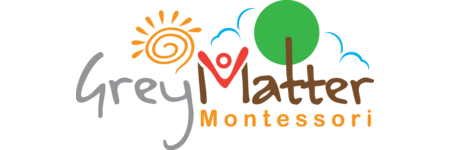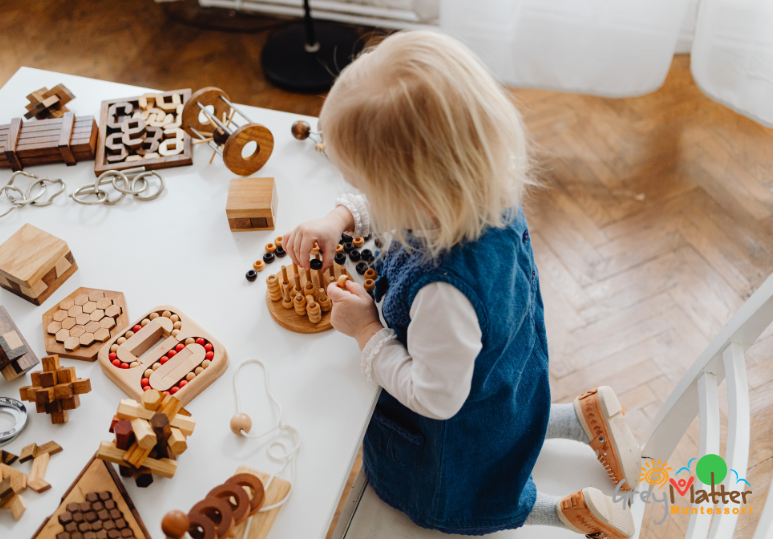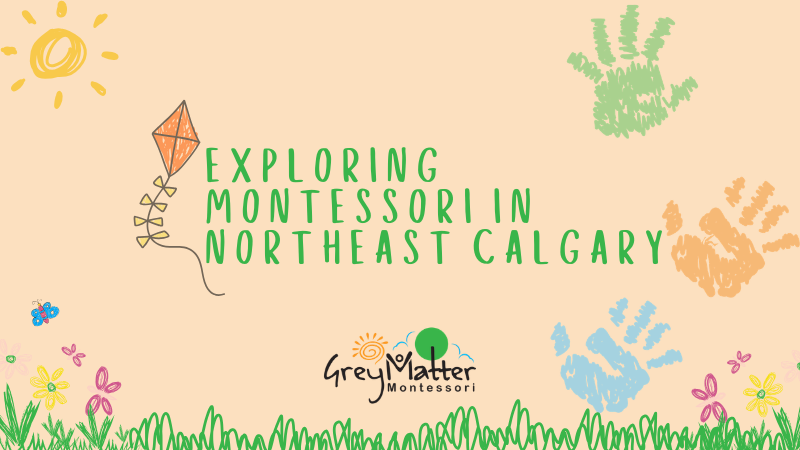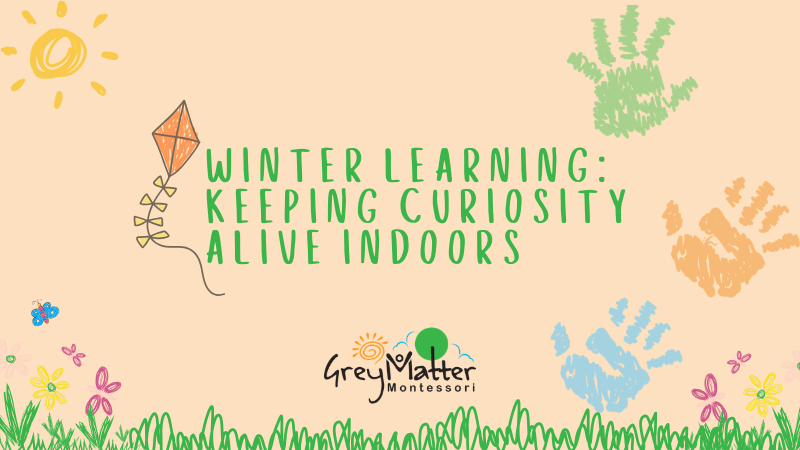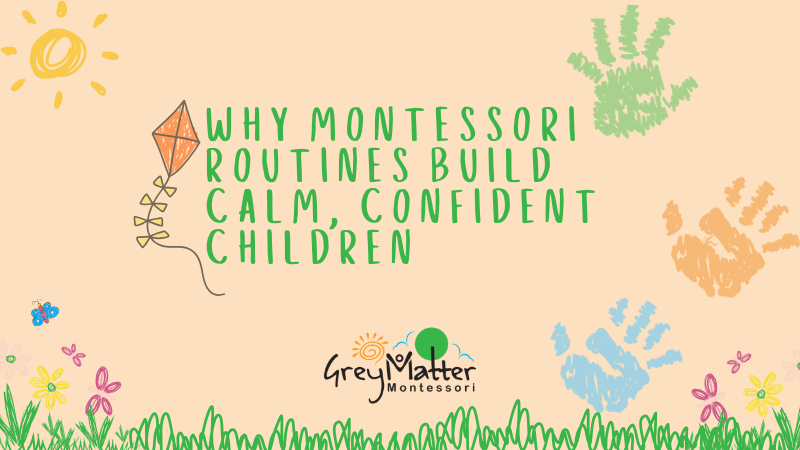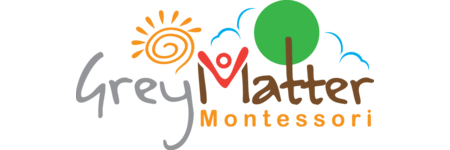Understanding the Difference Between Montessori and Traditional Preschools
Montessori and traditional preschools both aim to prepare children for kindergarten, but the way they approach learning and development can look very different. As a parent in Calgary, understanding these differences can help you make a more confident and informed decision.
Montessori education is built around child-led learning, where each student is encouraged to explore activities at their own pace in a carefully prepared environment. In contrast, traditional preschools usually follow a fixed daily schedule with teacher-directed lessons and group learning.
There’s no “right” choice, just what aligns best with your child’s personality and your family’s values. Let’s explore how these two models differ and what it could mean for your child’s early education.
1. Learning Approach: Individual vs Group Focus
Montessori: Children choose from a range of hands-on learning activities designed to build real-world skills. Learning is self-directed, and teachers act as guides rather than instructors. This fosters independence, confidence, and focus.
Traditional: Lessons are typically teacher-led, with children working as a group through planned activities. This model emphasizes structure and consistency, which some children thrive in, especially those who benefit from more external guidance.
2. Curriculum: Flexible vs Structured
Montessori: While the Montessori method includes math, language, science, and practical life skills, the pace is based on each child’s readiness. Students can spend more time on areas that interest them or where they need extra support.
Traditional: Curriculum tends to follow a standard sequence and daily routine, giving all children the same content at the same time. This structure may be helpful for preparing students for a conventional kindergarten setting.
3. Classroom Environment
Montessori: Classrooms are calm, intentionally organized, and often include multi-age groupings. Children learn by interacting with tactile materials and are encouraged to take ownership of their space and activities.
Traditional: Rooms are often arranged by subject stations or free play zones, and students are typically grouped by exact age. The environment supports more group-oriented tasks and collective instruction.
4. Role of the Teacher In Montessori Classrooms
Montessori: Teachers observe and gently guide children toward learning opportunities, rather than leading the entire class. This encourages self-motivation and fosters problem-solving abilities.
Traditional: Teachers direct the class, provide instructions, and lead most activities. Children are encouraged to follow along and participate as a group.
5. Development Goals of Our Montessori Programs
Montessori: The focus of the Montessori program is nurturing children academically, socially, emotionally, and physically—so they become confident, curious learners with a strong sense of self.
Traditional: Traditional programs often focus more heavily on academic readiness and basic social development, which may feel more familiar to parents who experienced this model themselves.
Discover a Montessori Preschool That Supports Your Child’s Growth
Montessori and traditional preschools each offer unique advantages. At Grey Matter Montessori in NW Calgary, we believe that fostering independence, curiosity, and respect creates a strong foundation for future academic success and personal growth. Our program is designed to support every child as a capable learner, with guidance from experienced Montessori educators. If you're exploring preschool options, contact us to learn more about how the Montessori method might be the right fit for your child.
Frequently Asked Questions About Montessori Schools
Q: What is the main difference between Montessori and traditional preschool?
A: Montessori emphasizes self-directed, hands-on learning at the child’s pace. Traditional preschool follows a fixed schedule and teacher-led instruction. If you're curious which approach suits your child best, contact Grey Matter Montessori to ask questions.
Q: Is Montessori better for some children than others?
A: Yes. Montessori often suits independent, curious learners, while traditional preschool may benefit kids who need more structure or group interaction.
Q: Does Montessori prepare kids for kindergarten?
A: Absolutely. Montessori programs promote independence, problem-solving, and foundational academics that support kindergarten readiness.
